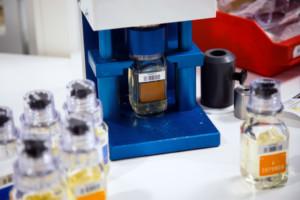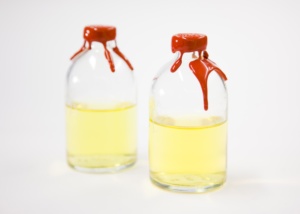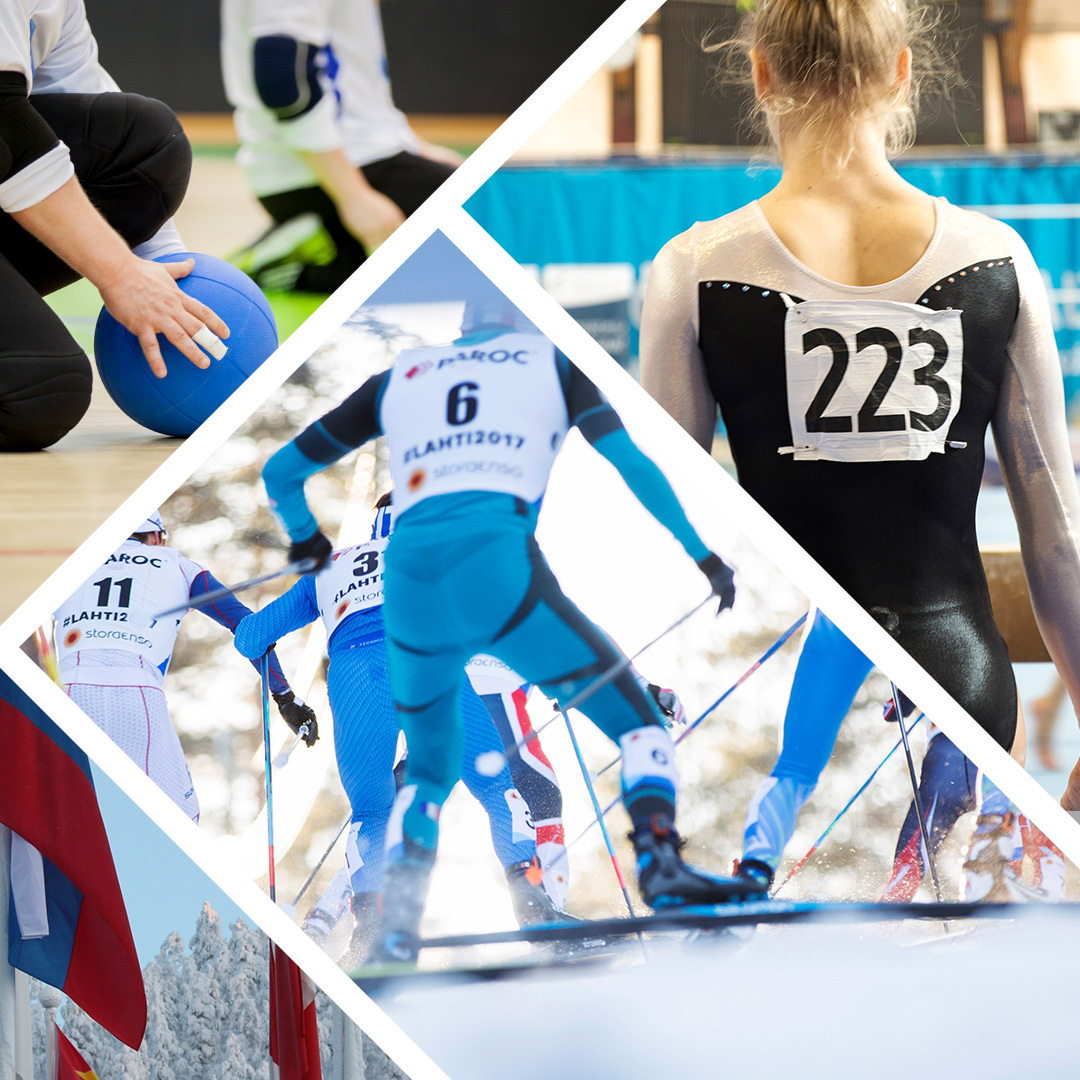FINCIS is in charge of national doping control procedures in Finland. Doping control aims to prevent the use of doping and detect anti-doping rule violations. Our doping control procedures are comprehensive, carefully planned and of high quality.
Doping control is the first and only area of ethics in sports that has an accepted international code. Parties involved in sports are responsible for ensuring compliance with the code. Doping control proceedings are specified in the Anti-Doping Code, international standards and technical documents. Doping control proceedings concern all who take part in organised sports.
Doping control includes doping tests, which in practice means collecting urine and blood samples in and out of competitions. Doping control procedures also include observing athletes for a long period of time with a biological passport and a whereabouts system as well as cooperation and exchange of information between different anti-doping organisations, customs and the police, for instance. Storing the samples for the required period of 10 years and performing additional analyses on the samples are also methods of doping control.
Doping control includes planning testing procedures, collecting and processing samples, laboratory analysis, results management, processing of anti-doping rule violations and deciding on appropriate consequences as well as any appeals. In addition, doping control proceedings include investigative methods and, as means of long-term monitoring, the aforementioned Athlete Biological Passport and testing pool systems.
The purpose of doping control is to:
- prevent the use of agents and methods that are harmful to health and/or improve performance,
- secure athletes’ right to fair and clean competition,
- defend fairness and trustworthiness of sports in the future and
- honour the ethical rules of sports and medicine.
International Standard for Testing and Investigations
FINCIS complies with the International Standard for Testing and Investigations of WADA. The Standard ensures the quality, reliability and consistency of the doping control both nationally and internationally. In addition, FINCIS uses an ISO 9001 certified quality management system in its doping control proceedings.
In Finland, the parties responsible for conducting doping tests on athletes are FINCIS, the World Anti-Doping Agency WADA and international sports federations. National sports federations can also request doping tests to be performed by FINCIS. Finnish athletes may also be tested abroad by the national anti-doping organisation of the country in question. The samples are analysed in laboratories accredited and supervised by WADA.










